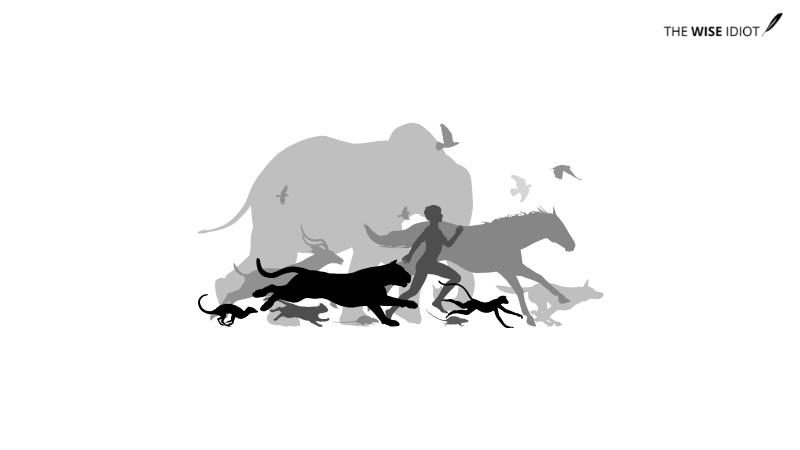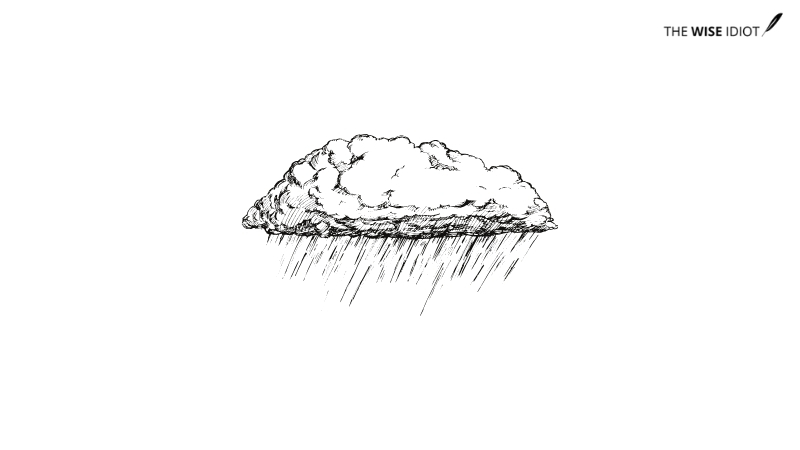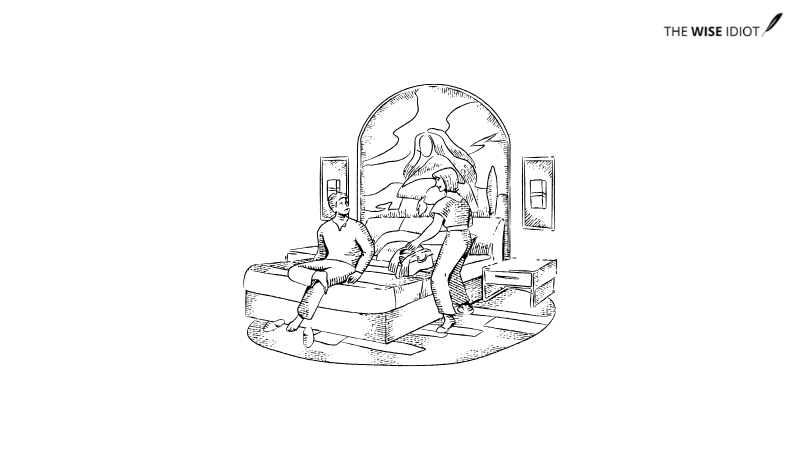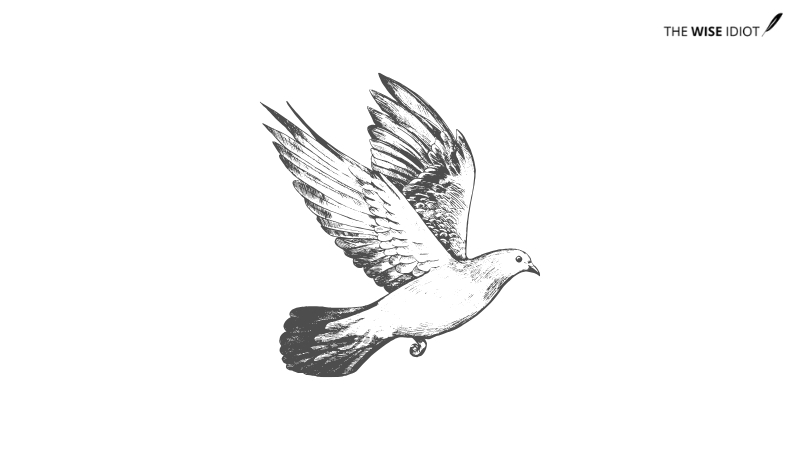When was the last time you were at a bus stop and saw everyone lined up properly as they waited?
Or a domestic flight where all passengers patiently waited for doors to open before getting up from their seats?
Or a wedding buffet without random plates coming over your head at the live dosa/pasta counter?
“Why can’t people understand simple discipline?” we think.
Because it may be simple, but it’s not profitable.
Let me explain. Any form of discipline is based on carrot and stick policy. You sacrifice short term gratification to get some reward at the end. Eg. eating right and exercising. And if you don’t do it, there’s some bad consequence, eg. cholesterol, diabetes, etc.

Illustration Credits: Michael Whitehead
What if you could get the carrot while avoiding the stick?
In the case of health, you can’t escape the consequences. But no one’s going to punish you for breaking the line at the dosa counter. As long as you develop the thick skin to ignore stares, you’re getting the carrot without paying a price. Till the time punishment is non-existent/ lenient, Indians will never be disciplined. This is the free-rider attitude.
Or what if you were convinced that you’ll never get the carrot?
This is where Indians are different again. By seeing so many people around, we’ve led ourselves to believe that there isn’t enough for everyone. Not enough seats on the bus, or food at the buffet. ‘If you don’t get it first, you might not get it at all’ is the fear that causes us to break discipline. I’d rather risk punishment, but I’ll still try to get something before others take it away. This is the scarcity mindset.
Together, they lead us to do what we do.
The moral of the story is: dimaag badlo, duniya badlegi!










